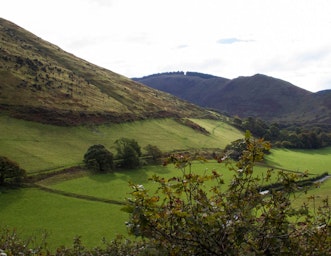
A celebration and vow of protection to pollinators
May 20, 2020Home » A celebration and vow of protection to pollinators
On World Bee Day, CAT has been awarded Bee Friendly status as part of a Welsh Government initiative to make Wales a pollinator friendly country. To celebrate the amazing work that bees and other pollinators do we thought we’d share some tips on how you can help!
Today is World Bee Day, an international day to acknowledge the important role of bees and other pollinators and an occasion to mobilise political will and public concern to address the pollination crisis.
The diversity of pollinators is staggering. Bees, butterflies, flies, wasps and beetles make up the majority of pollinating species, but there are also vertebrates such as bats, non-flying mammals and birds which pollinate plants. Most flowering plant species will only produce seeds if animal pollinator move pollen from the anthers to the stigmas of their flowers. Without this service, these plants would be unable to reproduce and many interconnected species and processes functioning within ecosystems would collapse.
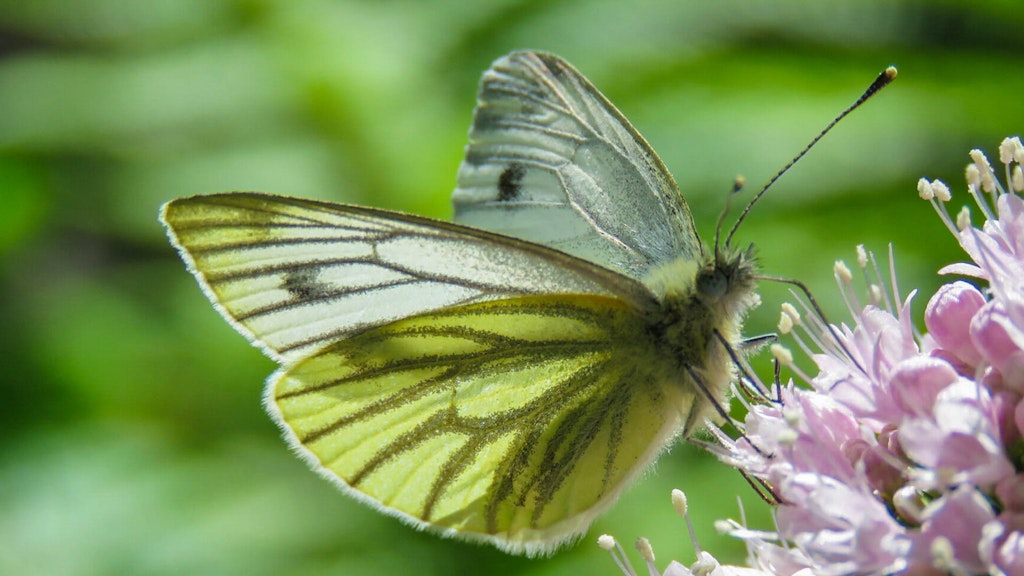
As humans, we rely on plants for many of our needs: food, medicines, biofuels, fibres like cotton and linen and construction materials, none of which would exist without pollinators. The decline in pollinator numbers in recent years has raised serious concern for food security. Pollinators affect 75% of the world’s food crop production, determining the abundance, variety and quality of the food we eat. Threats to pollinators include intensive agriculture, pesticides and climate change.
Pollinators species are now going extinct, with 40% of invertebrate pollinators species facing extinction and 16% of vertebrate pollinators endangered. This is a serious threat which will affect biodiversity and human livelihood. To ensure resilience in our agroecosystems, the abundance and diversity of pollinators must be preserved to maintain healthy pollination services.
Bee Friendly
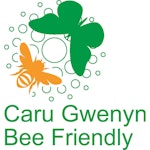 Bee Friendly is a Welsh government initiative to make Wales a pollinator friendly country. It is part of the Action Plan for Pollinators in Wales to halt and reverse pollinator decline in Wales, launched in 2013.
Bee Friendly is a Welsh government initiative to make Wales a pollinator friendly country. It is part of the Action Plan for Pollinators in Wales to halt and reverse pollinator decline in Wales, launched in 2013.
The scheme is aimed at communities and community organisations, schools, public bodies, town and community councils, businesses, universities and colleges and places of worship. Its vision is to empower communities to take action to help pollinators in their area. Any organisation or concerned individual can apply to be part of the scheme by filling out a simple application form which asks you to detail what actions you are taking.
“Bee Friendly is divided into four themes. The first three themes reflect what pollinators need to thrive; an environment which has varied and nutritious food sources, water, and nesting sites and is free from pollution and pesticides. The fourth theme reflects the importance of community engagement and inclusion.”
Bee Friendly Action Guide
CAT has recently been awarded Bee Friendly status. To win accreditation groups must take action on harmful chemicals, create forage opportunities and habitats for bees. Due to our sustainability focus, CAT already suited many of Bee Friendly’s requirements: our organic gardens are pesticide and herbicide free, we sustainably manage the surrounding woodland leaving some areas undisturbed, we provide nectar rich flowers and have bug hotels and refuges hidden away.
Click here to learn more about CAT’s Family activities (new bee and pollinator activities coming soon)
Bee Friendly Champion Angela Paxton congratulated CAT on the hard work they undertook to achieve the Bee Friendly status,
“Congratulations to the Centre for Alternative Technology (CAT) for achieving Bee Friendly Status. CAT’s site and gardens are an inspirational and beautiful wildlife haven, and I am so pleased that this award recognises the continuing contribution the organisation makes to gardening and site management for the benefit of bees and other pollinators.
Visitors will enjoy and be inspired by the new and updated pollinator friendly information and displays around site, as well as the planned activities, events, and courses to enable people to garden for biodiversity at home.”
Being Bee Friendly not only connects us to a network of organisations and communities dotted around Wales taking action, it also reinforces our commitment to help pollinators. We plan to:
- reduce mowing and disturbance further to encourage wildflower meadows
- continue pollinator friendly wild plant management
- restore, improve and maintain existing bug hotels
- provide information and activities on pollinators
- survey and monitor pollinator activity
- connect with our local community and organisations
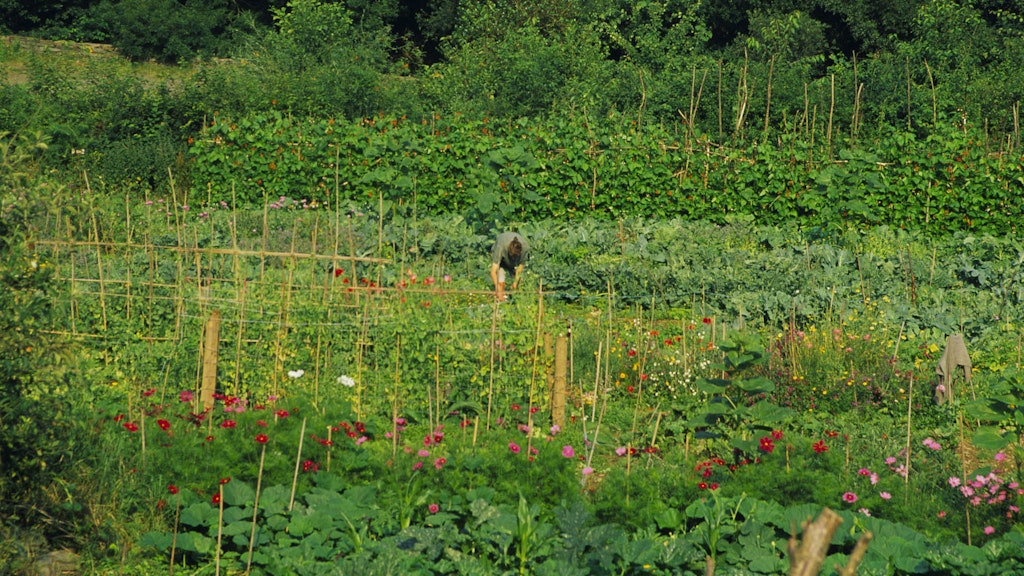
Helping pollinators from home
Pollinators need our help. Whether you have access to a garden, a balcony, a community garden or vegetation in your street, there are a number of ways you can take action.
1. Plant for pollinators
Plant nectar rich flowers, shrubs and trees to provide food for pollinators all year round. Consider growing willow and early flowering fruit trees to help the bees as they emerge from their long winter sleep.
2. Create pollinator habitats
Cut grass less often leaving some areas under natural habitat, leave piles of twigs and leaves for shelter, create hedgerows, reduce or change the usage of pesticides, leave nesting sites and plant attractive crops
3. Use natural pest control
Herbicides and pesticides will harm pollinators and many other creatures. Take steps to foster a balance of prey and predator insect species and bring a natural harmony to your outdoor area. Introduce natural pest controls like the ladybird, plant sacrificial crops, leave weeds to mulch down, make compost, have unkempt corners and brash piles.
4. Build a bee hotel
This is a fun activity and provides essential shelter for all mini-beasts. Leaving piles of dead wood, planting trees and hedgerows and avoiding disturbance is also a great way to welcome pollinators to your outdoor space.
5. Join the movement
Buy local organic produce, support small agroecological farms, lobby politicians to move agriculture towards a polyculture approach less depend on toxic chemicals, educate and inspire others to take action for pollinators.
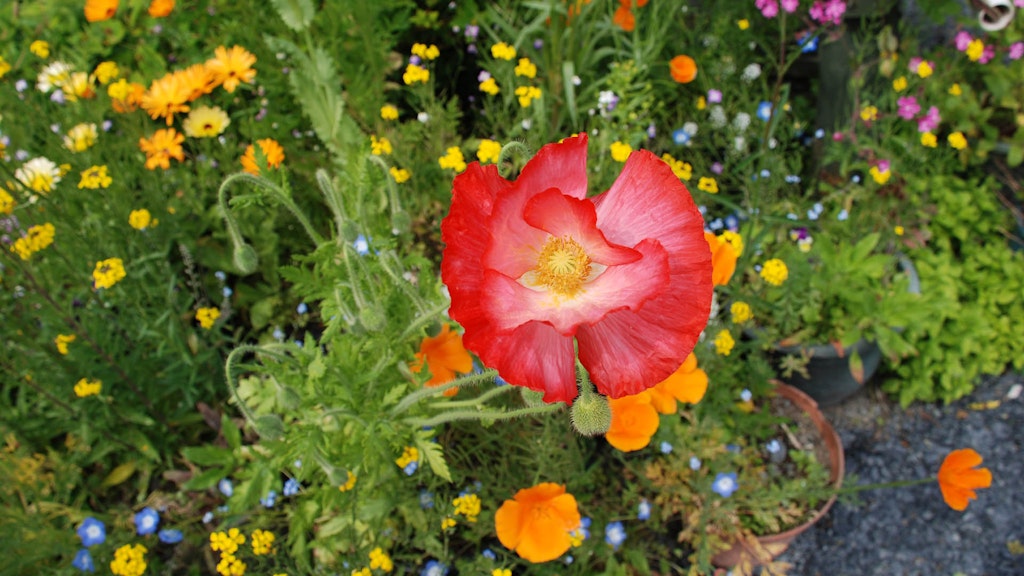
CAT pollinator activities
On the 23 May we will be launching some free pollinator activities as part of our CAT at Home series for May half term. Activities will include building a bug hotel and a citizen science survey to record the abundance and diversity of pollinators in your back gardens.
We hope you will join us in the movement to become Bee Friendly. We’d love you to share your pollinator journey with us, please post any pictures to our facebook page or tag @centreforalternativetechnology on instagram. #CATatHome
- Gardening and Agriculture
- Nature and Wildlife
Related Topics
Related Pages
Related news


Why we teach – communicating transformational social change
13th November 2024
Planting fertiliser forests for sustainable crop production
27th September 2024
CAT Conversations: Rachel Calder, CAT graduate
26th September 2024Enews Sign up
Stay up-to-date with the latest news, events and activities from CAT by signing up to our Enews and following us on social media.
